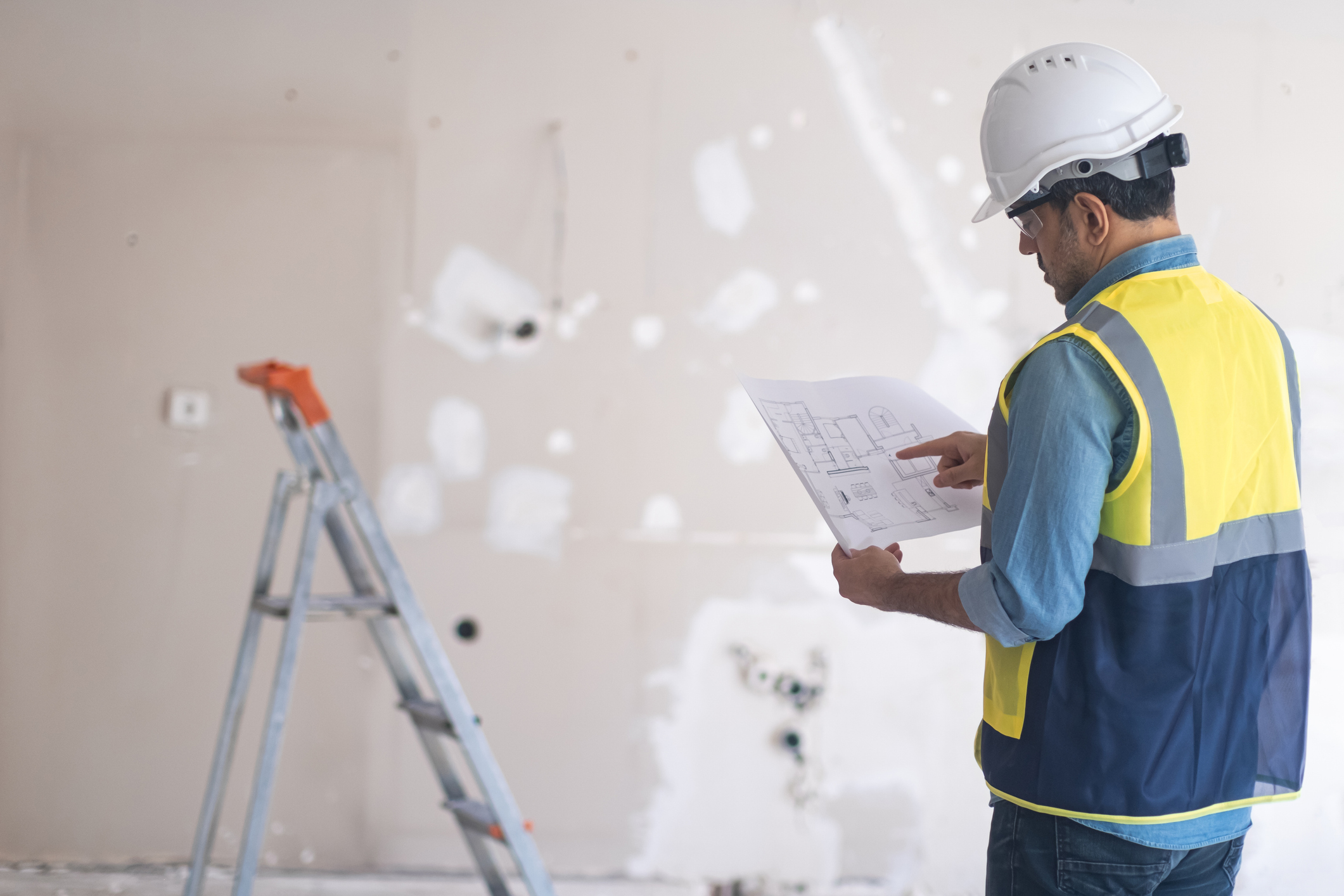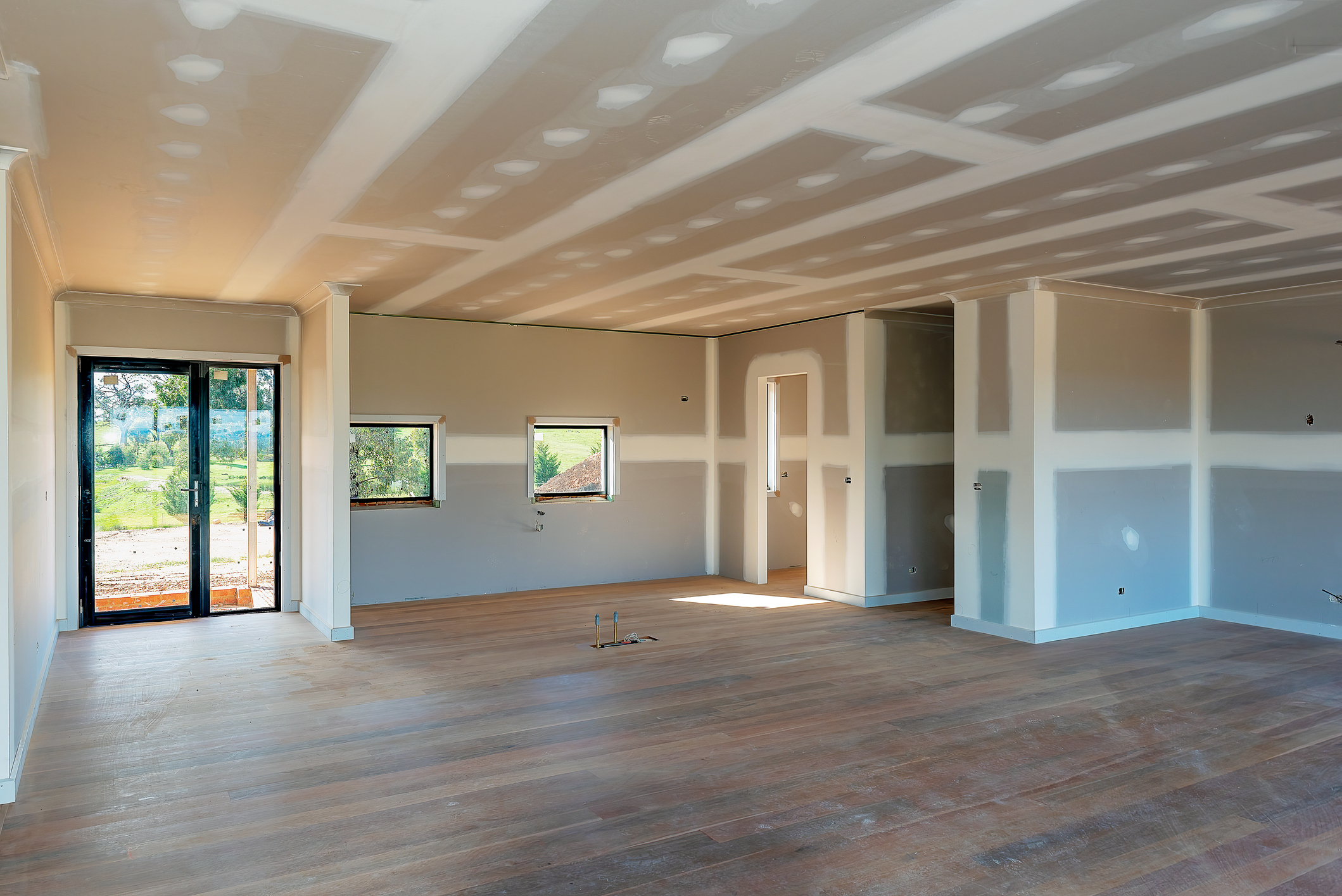Renovations
Vancouver Renovation Permits: Types, Risks, and How to Get Started
November 20, 2024
Thinking about giving your Vancouver home a fresh look? Maybe you’re planning to knock down a wall, add an extra room, or upgrade your electrical system. Whatever the project, there’s one thing you’ll need before you swing a hammer: the right permits.
Renovation permits ensure that projects meet city codes and safety standards, but figuring out which permits you need can be a bit of a maze.
This guide will help get your project off the ground quickly and smoothly. We’ll walk you through the basics of renovation permits in Vancouver—when they’re required, which ones you might need, and how to avoid common setbacks.
Types of Permits You May Need
Depending on the scope of your project, there are several types of renovation permits you might need to comply with Vancouver’s building standards. Here’s a quick overview of the most common permits required for home renovations:
Building Permit
A building permit is essential for any new construction or major renovations that add extra space. It’s also required for projects involving structural repairs, moving interior walls, or altering spaces like garages, sheds, or decks. This type of renovation permit ensures that structural changes align with safety codes and zoning laws.
Electrical Permit
If your renovation involves modifying electrical systems—whether moving outlets, upgrading wiring, or replacing an electric water heater—you’ll need an electrical permit. Electrical permits protect against potential hazards by ensuring all electrical work meets city standards.
Plumbing and Gas Permits
For any changes to plumbing or gas lines, such as adding a gas stove or relocating sinks, you’ll need the appropriate permits. Plumbing permits cover water and drainage updates, while gas permits are necessary for work on gas lines. These renovation permits safeguard against leaks and ensure quality work.
Other Permits
For specific types of renovations, other permits may be needed, including a mechanical permit (for HVAC systems), or even a tree removal permit if the renovation involves removing trees on the property.
To view the full list of Vancouver permits and their requirements, visit the city’s permit information page.
The Risks of Working Without a Permit
Skipping the renovation permit process might seem like a shortcut, but it can lead to costly consequences. If you or your contractor start work without the necessary Vancouver permit, you could face serious setbacks, including:
- “Work Without Permit” Penalty
The city charges a hefty penalty—often double the original permit fee—for unauthorized work. This penalty adds an immediate financial strain to your project. - Project Delays
Once it’s flagged that a permit is required, all work must stop while the permit application is processed. This delay can disrupt your timeline and add unexpected costs. - Forced Removal of Completed Work
If you’ve already completed renovations without a Vancouver permit, there’s a risk the city will require you to remove the work. This can mean tearing down walls or undoing installations, resulting in wasted time and money. - Unexpected Upgrades
Working without permits can sometimes mean unexpected expenses. You might be required to complete additional work, like adding fire sprinklers or seismic upgrades, that you hadn’t initially planned for. - Future Legal and Financial Issues
Unpermitted work can create problems down the line when selling your home or making insurance claims. Unauthorized renovations may need to be disclosed to buyers and could lead to valuation or coverage issues.
Keep in mind, as the homeowner, you’re responsible for all fines and fees—even if a contractor assured you that permits weren’t needed.
When in doubt, it’s always best to confirm Vancouver permit requirements with the Development and Building Services Centre to avoid these potential pitfalls.
When You Don’t Need a Permit
While major renovations require permits, Vancouver allows some smaller projects to move forward without one. Here are a few examples:
- Cosmetic Changes
Projects like painting, installing new flooring, and replacing cabinets or fixtures typically don’t need a permit. These changes don’t impact structural elements or safety systems, so they fall outside the permit requirements. - Minor Repairs and Maintenance
Non-structural repairs, like fixing a broken window or repairing siding, can usually be done permit-free. As long as the work doesn’t involve moving walls or altering plumbing, electrical, or gas systems, you’re in the clear. - Roofing and Gutters
Installing new roofing materials, gutters, or drain pipes is often permit-exempt. However, if the roof structure itself needs changes, it’s best to check with the city to confirm.
For any project you’re uncertain about, the Development and Building Services Centre is available to provide guidance.
It’s always wise to start your renovation with a clear understanding of permit requirements. You’ll save time, money, and ensure a smoother process from start to finish.
Steps to Obtain a Renovation Permit in Vancouver

- Define Your Project Scope
Before applying, get clear on the full scope of your project. Identify which areas of your home will be renovated and if structural changes, new wiring, or plumbing updates are involved. This information will help you determine the specific renovation permits you’ll need. - Research Permit Requirements
Check the City of Vancouver’s guidelines for renovation permits to see which permits your project will require. The Development and Building Services Centre can provide guidance if you’re uncertain about specific requirements or need clarification on Vancouver permits. - Submit Your Application
Vancouver’s permit application process can be handled online or in person. For each type of renovation permit, you’ll need to provide detailed plans of the work, including architectural drawings, layouts, and, in some cases, engineering reports. Accuracy is key, as errors can lead to delays. - Pay the Application Fees
Permit fees vary based on the type and scope of the project. Be prepared to pay upfront, as application processing won’t begin until all fees are settled. - Wait for Approval
Permit processing times depend on the complexity of the project. For major renovations, approvals may take several weeks, so plan accordingly. The city may contact you for additional documentation or revisions during this stage. - Schedule Inspections
After your permits are approved, you may need to schedule inspections at different stages of your renovation to ensure everything complies with Vancouver’s building codes. Coordinate these inspections with your contractor to avoid delays.
Conclusion: Start Your Renovation with the Right Permits
By understanding which renovation permits in Vancouver are required, preparing your application accurately, and following each step closely, you can keep your project on track while meeting all city standards.
If you’re ready to get started but feel unsure about which Vancouver permits your project needs, reach out to our team for guidance.
We’ve been through it all before; let us help simplify the process, answer any questions, and make sure your renovation project moves forward with confidence and compliance.


